Why Syrup? Supporting Local Economies in the Appalachian Bioregion
How Future Generations University supports Regenerative Agriculture to Grow Local Social Economies in Appalachia
Just before the start of the new year, research institutions from states across the southern tier of maple production – large and venerable universities in West Virginia, Virginia, Maryland, Kentucky, Pennsylvania and Ohio – met for their quarterly call. These calls are one of the ways these agroforestry and tree syrup experts stay connected. They initially met in 2018 for a first-of-its-kind research conference hosted by Future Generations University, the Southern Syrup Research Symposium, organized by Future Generations University professor, Dr. Mike Rechlin. On their December 2024 call they discussed the latest research findings and what they anticipated from the imminent maple syrup season. Dr. Abby van den Berg, Future Generations University research professor, facilitated the discussion in her role as Chair.
What comes to mind when you think of “Future Generations University?”
When many people think of ‘Future Generations University,’ their first thought might be of a unique Master’s program that brings applied, experiential learning to students around the world. They may remember the sensational projects spearheaded by the University and its faculty and personnel: coordinating the formation of Mt. Everest as a protected landmark (Qomolangma National Nature Preserve); establishing community health training centers and research in Peru and Afghanistan; launching 62 public computer centers to bring internet access to rural communities through the West Virginia Broadband Opportunities Program.
What most people are surprised to learn is that Future Generations University is the leading institution in the world on alternative tree syrup research (walnut and sycamore), and one of the top five in the world in maple syrup research.
When that fact becomes known – that a small institution, founded less than 25 years ago, headquartered atop the second tallest mountain in West Virginia, offering education opportunities via live-online classes to an international audience – has emerged as one of the world leaders in tree syrup research, it is often met with astonishment. For University faculty, staff, and partners, it is an unanticipated but natural result of applied community development in action.
Future Generations University offers a unique approach to community change. Not only that; the University is groundbreaking in that it places equal emphasis on academic learning and research practices.
A phenomenon that occurs when communities advance using Future Generations’ approach is the concept of ‘emergence:’ an outcome that, in retrospect, can be perfectly explained – but could not be predicted. In the case of the University’s leading role in tree syrup research, it is the result of the confluence of many factors:
- Future Generations University faculty and staff whose expertise touched on agroforestry
- Institutional values of environmental and climate sustainability, and recognizing the viability of regenerative agriculture
- Understanding that the development of local social economies lead to more stable, peaceful communities that grow resources from within
- A vital interest in supporting and nurturing our invaluably biodiverse home in Appalachia
- An opportunity to serve, identified by members of our community
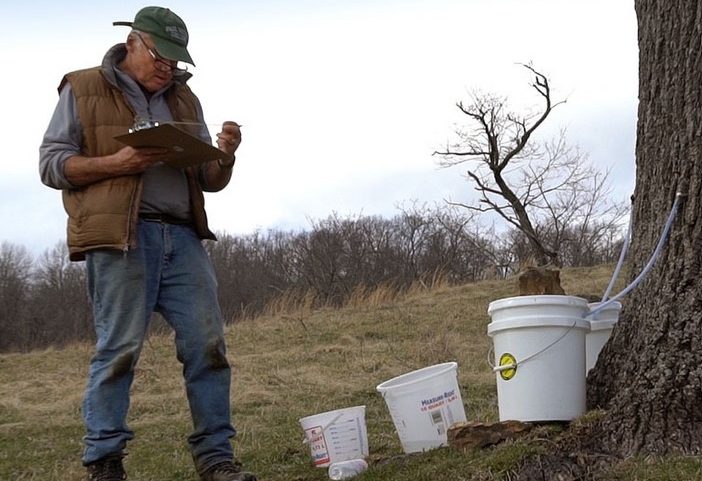
Tree Syrup: A Regenerative Agricultural Practice
A celebrated agroforestry practice is the creation of sweet syrup from the sap of maple trees. Farmers who live in forested, mountain environments can harvest and process sap during winter months, a time when their fields rest and markets are slow. Making maple syrup is, at its heart, a local endeavor. The knowledge is often passed down generationally in the family, with festivals and gatherings that bring together members of the local community. Future Generations University recognized the importance of tree syrup production as part of forest farming and agroforestry — all part of Regenerative Agriculture, which is in support of strengthening the Social and Bioregional Economies of Appalachia. In 2017, Future Generations University was asked to bring maple syrup experts from established research institutions to West Virginia to explore its viability as a forest farming industry in the region. The University hosted a convening in 2018. The impact of that initiative continues to this day.
Future Generations University’s fundamental willingness, and nimbleness, to “play with others,” has contributed to successful coordination and established us as a key contributor to the agroforestry community, tree syrup research, and nature-based enterprise community at large. Convening groups like the Southern Tier Tree Syrup Research Consortium, with researchers from Ohio State, The University of Kentucky, Virginia Tech, and West Virginia University, allows participants to share research and scheduled extension activities. This coordination of research and extension efforts fosters the expansion and success of tree syrup production across central Appalachia.
Dr. van den Berg said, “FGU’s philosophy of devoting resources to the issues that will make fundamental change to the communities they serve has not only been successful and had measurable impacts for the region’s maple producers and communities, but it has resulted in Future Generations University becoming a valuable contributor to the international maple research and outreach community.”
Mike Rechlin was part of the launch of Future Generations’ maple research. On behalf of the Department of Agriculture, Dr. Rechlin organized the first convening of maple syrup experts – from Vermont, from New York, from all the bastions of major maple producing areas. Instead of bringing these experts to West Virginia to present keynote addresses to a passive audience, Future Generations used our applied model for community development to structure the symposium to include panel discussions featuring these researchers in conversation with producers and forest farmers native to West Virginia and Appalachia. Following the successful, event, Dr. Rechlin followed up with the out-of-state participants, asking them when they could return to set up research labs.
Mike said, “I told these guys – these are friends – I said, ‘Alright guys, you gotta get down here – there’s all this research to discover! You’ve got to get back down here and get this done!’ That’s when they turned it around on us. They said, ‘No Mike, YOU’VE got to get this done. This is your backyard – there’s a lot of knowledge that needs to get extended – but it’s not our job, it’s yours.’ And from that, Future Generations University worked with private philanthropists – it wasn’t at that time possible to run these labs through the state – and agreed to be a home for the research. To help make it happen, because we saw it as a good thing for Appalachia, and Appalachian communities.”
Geography Is Key
The University’s geographic location in the heart of Appalachia’s bioregion (in the southern portion of the commercial region of maple production) is key for collaboration in regional maple production. Future Generations University is well-positioned to lead region-scale research and outreach, while also serving to facilitate programs and connect those who are asking questions to those researching answers.
Dr. Rechlin said, “Beginning in our own backyard, FGU works with central Appalachian farmers and foresters and owners to enhance their livelihood options in the tree syrups and forest farming arenas. Our sap and syrup production assistance has helped to increase the number of sap and syrup producers in our region, and to help make their tree syrup enterprises financially viable. Appalachian communities need viable businesses to grow and prosper. In a largely forested region, maple and other forest farming activities can build economic activity on the sustainable use of that resource base.”
Appalachia’s success is important. Nationally and internationally, institutions and industry professionals are looking to the research produced in Appalachia and at Future Generations University to help them prepare for the future. As climate change warms temperatures, shortens sap season, and otherwise impacts mountainous forests, insights gleaned from maple production in Appalachia serves as a model for how producers in New York, Vermont, the Pacific Northwest, and Canada may need to proceed. These are vital considerations to grow local social economies – at scale.
The world is listening, and Future Generations University is answering the call. University researchers and staff presented our findings last fall at the North American Maple Syrup Council annual meeting, Lake Erie Maple Expo, and at the Kentucky Maple Syrup Producers Association. We also hosted Tim Rademacher, the recently appointed director of the University of Vermont Proctor Maple Research Center – known around the world as the preeminent maple syrup research institution. In Mid-January we entered a dialogue with Center Acer, the premiere maple research organization in Quebec, Canada. We expect this to lead to collaboration on studies looking at climate change adaptation. Dr. van den Berg will present at their international meeting of maple scientists, scheduled for June 2025.
Measures of Success
The impact of Future Generations University Appalachia Program work with West Virginia maple production was already evident in the 2022 Census of The National Agricultural Statistical Service.
The 2022 survey, a census of agricultural production for West Virginia farms generating $1,000 or more in agricultural products, provides data on maple syrup production from 2017 to 2022. The year 2017 serves as a reference point, coinciding with the Southern Syrup Research Symposium in 2018 and the start of the Future Generations University Appalachian Program’s collaboration with the West Virginia Department of Agriculture (WVDA) to engage the syrup-producing community.
Our efforts focused on four key goals:
- Increasing sap and syrup productivity
- Boosting producer profitability
- Expanding tapping in West Virginia
- Diversifying the species being tapped
From 2017 to 2022, the number of farms producing and selling maple syrup increased from 97 to 200, and per tap production increased from 0.15 to 0.19 gallons. That might seem like an incremental amount of tap production – but it represents a monumental increase in a short period of time, almost unheard of in the industry.
Rooted in Community Development
In addition to the research done in partnership with West Virginia syrup producers, agroforestry professionals, and farmers, Future Generations University is a nexus for community development – working with individuals and organizations to create local social economies that create impact for community members today, and training the next generation of agroforestry experts.
Some of the areas we support the growth of local social economies during maple season include promoting agritourism, providing guidance on forest food production, partnering with schools and groups to offer youth education, and celebrating heritage traditions to preserve community culture.
The 8th Annual Mountain State Maple Days culminates on March 15, 2025 with events and activities throughout the state. Visit Future Generations staff at the Highland County Maple Festival in Monterey, VA and at McCoy’s Mill in Franklin, WV.
A large part of reimagining economic viability for Appalachian communities rests on agritourism. Today, events like Mountain State Maple Days bring communities together to celebrate syrup making, as many sugaring operations work with their communities to plan maple-related activities and welcome the public to their area sugar houses.
The University’s role coordinating and promoting Mountain State Maple Days activities builds awareness for agroforestry and the maple industry in our bioregion, and helps bring visitors to our area to experience statewide coordinated activities – fostering and supporting local social enterprises that will improve the lives of Appalachia communities.
Our Maple in the Classroom program introduces school-age children to agricultural education, provided by tree-tapping activities for sap and syrup production. At the same time, it enhances the school curriculum by providing real-world applications of math and science as students work with their local syrup producers and learn the principles behind syrup production.
The forests of Appalachia bioregion are beautiful, and their ecological health is important for millions of people. They’re also an important source of wild foods and medicines. Future Generations University believes that forest farming— intentionally growing these foods and medicines—is an important part of West Virginia’s economic future.
This Forest Food Wheel is a resource the University developed to help individuals interested in forest farming, or exploring the beauties of the Appalachia, to more safely forage for forest-growing foods native to our incredibly diverse bioregion.
Thanks to LiKEN for inspiring this wheel.
Finally, sap and syrup production builds community. In Appalachia, sugaring is a tradition that has been passed down for generations. The sugarhouse often becomes a gathering point for neighbors who come to help in the production process. Furthermore, proper management of a sugar bush is inherently an environmentally sustainable practice. Cultivating your forest for maple production is not only beneficial to the trees, but to a myriad of native species that inhabit the forest. It supports all levels of involvement, and brings people together with nature, and with each other.
Future Generations University is committed to supporting and collaborating with communities – at home, across the region, and across the world.
We welcome your involvement. Learn more at future.edu/maple.
Look for more stories that explore the University’s work in Regenerative Agriculture, Agroforestry, Forest Food Production, and how faculty, staff, alumni, and partners support and strengthen Social and Bioregional Economies across Appalachia.
Mike Rechlin has practiced sustainable forestry and protected areas management in the United States, Nepal, India, and Tibet for thirty years. He has extensive teaching experience and has designed educational programs for many international groups visiting the Adirondack Park of New York State. Presently retired, Mike has held academic appointments at Principia College, Paul Smith’s College, and the Yale School of Forestry and Environmental Studies. He served as the dean of Future Generations Graduate School from 2010 to 2013. He presently resides, and makes maple syrup, in Franklin, WV.
Abby van den Berg is a scientific advisor to the two international maple industry organizations – the International Maple Syrup Institute and the North American Maple Syrup Council, through which she helps proactively work on issues which affect all maple producers in US and Canada, including those with particular relevance to our region’s producers (for example, working on EPA registration of isopropyl alcohol for use in maple tubing sanitation). Abby also brings existing collaborations with maple researchers/specialists and institutions in the US and Canada (University of Vermont, Cornell University, Centre Acer, etc) as well as producers and companies in the US and Canada.
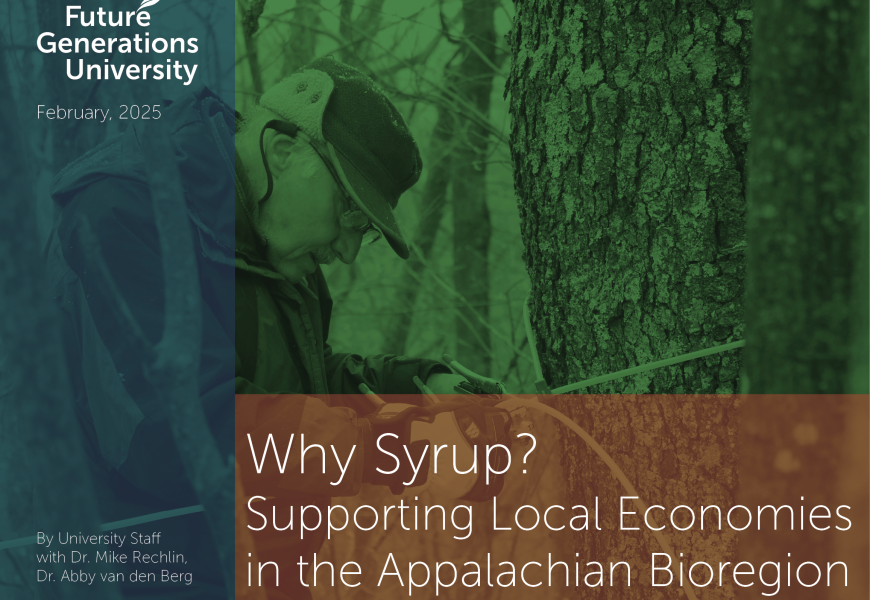

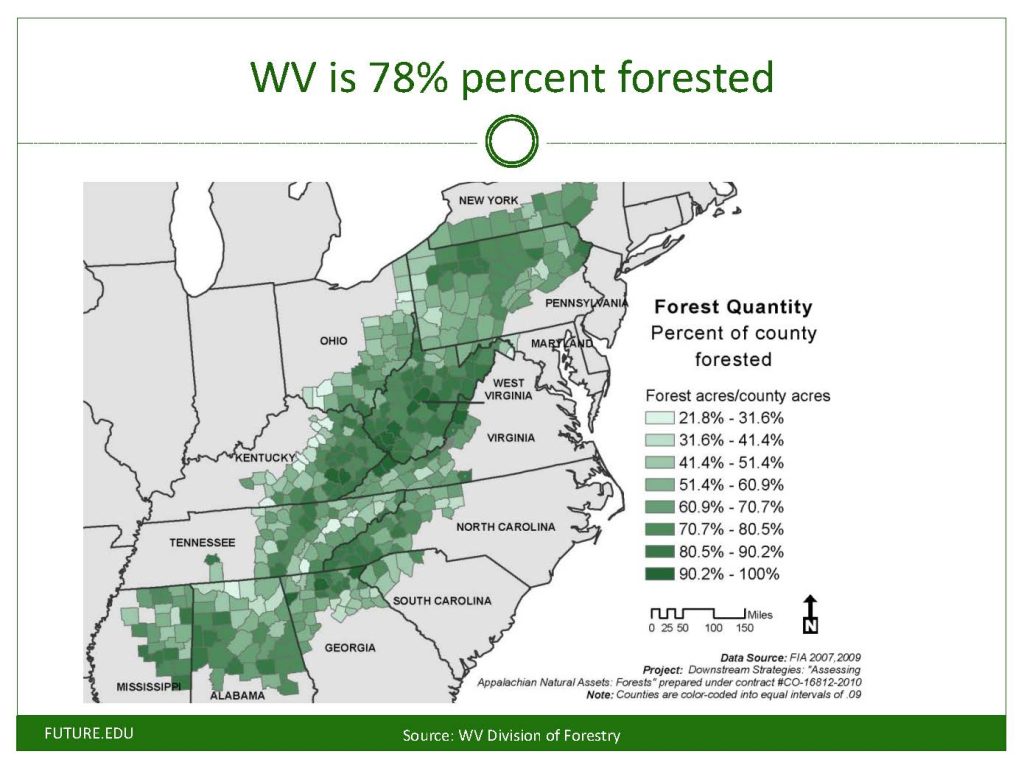
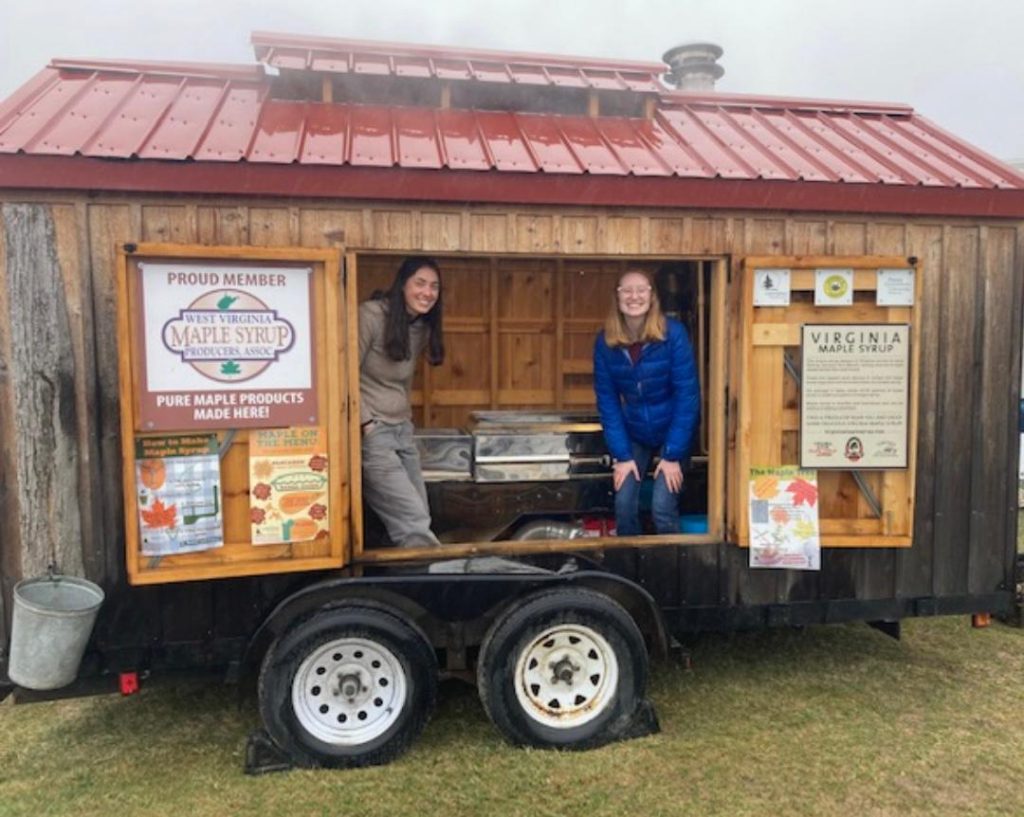
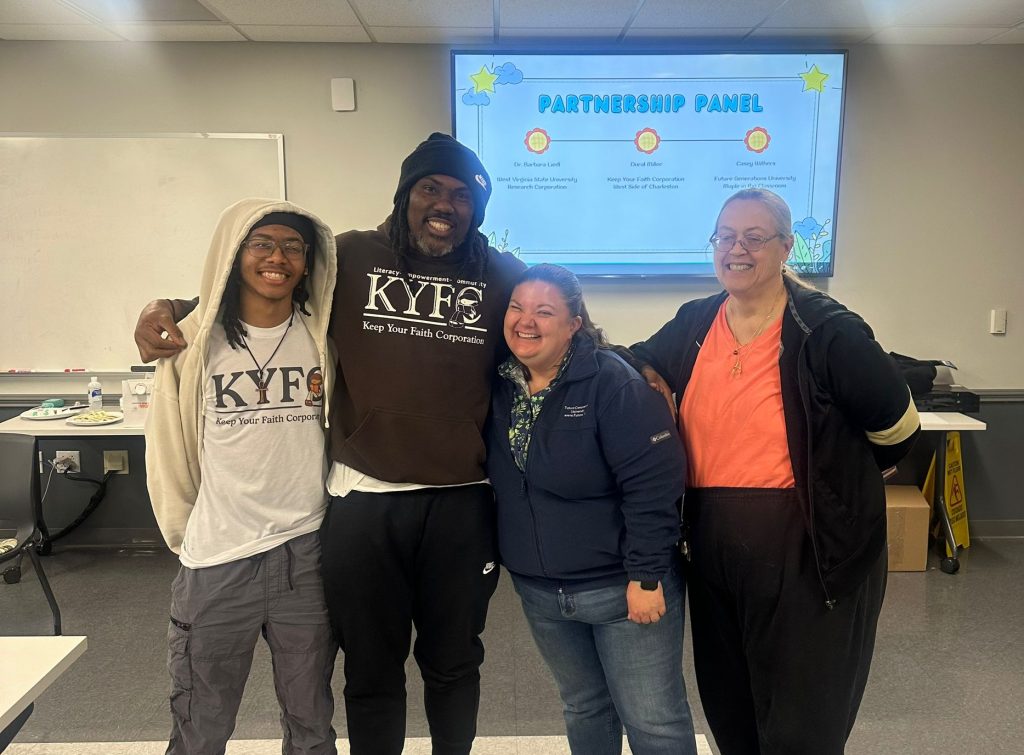
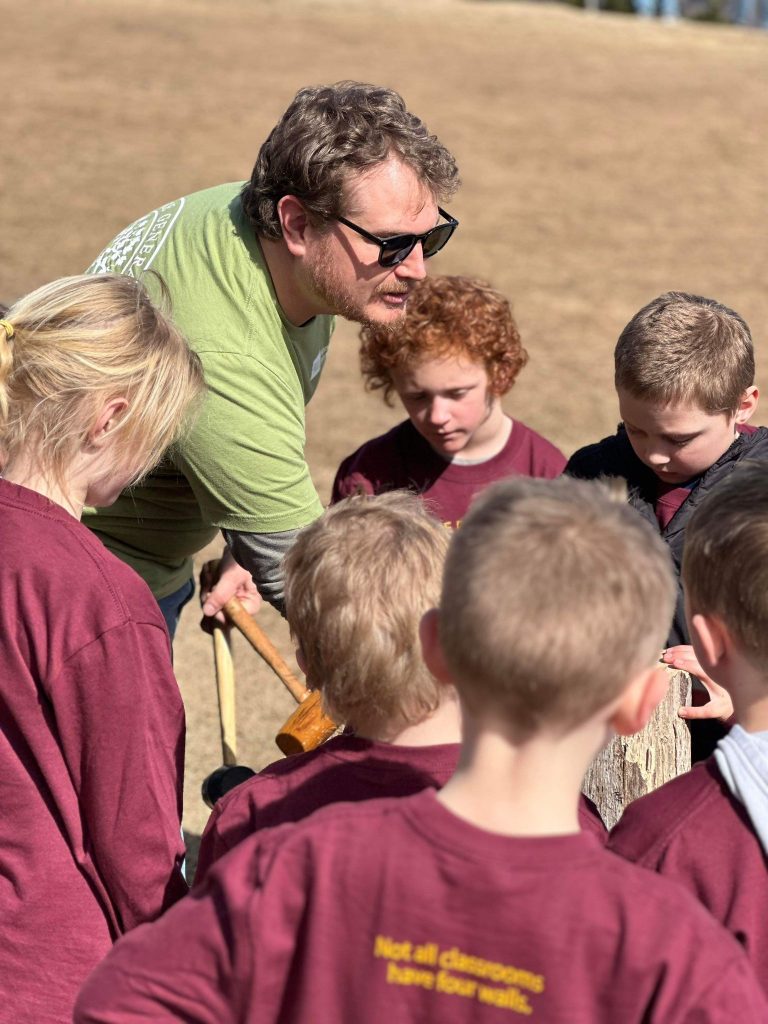
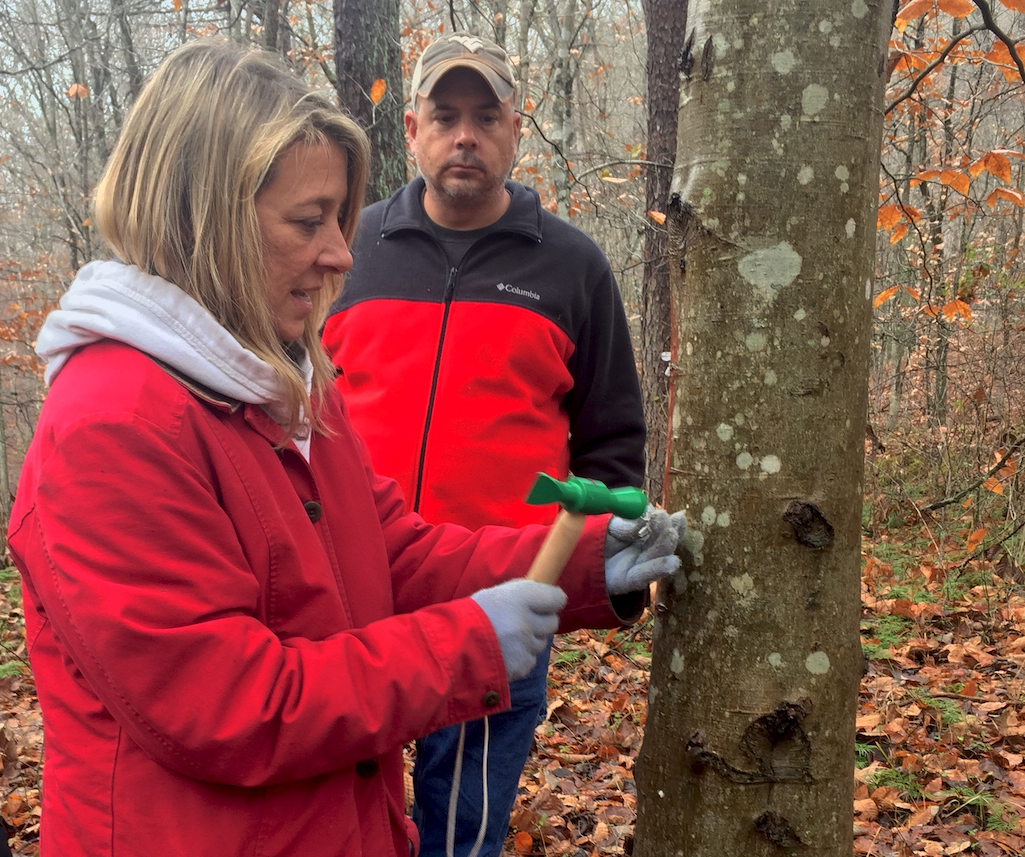
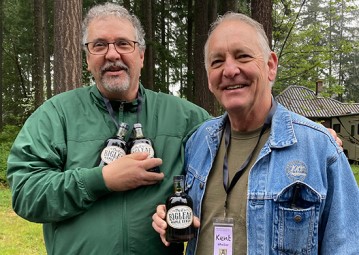
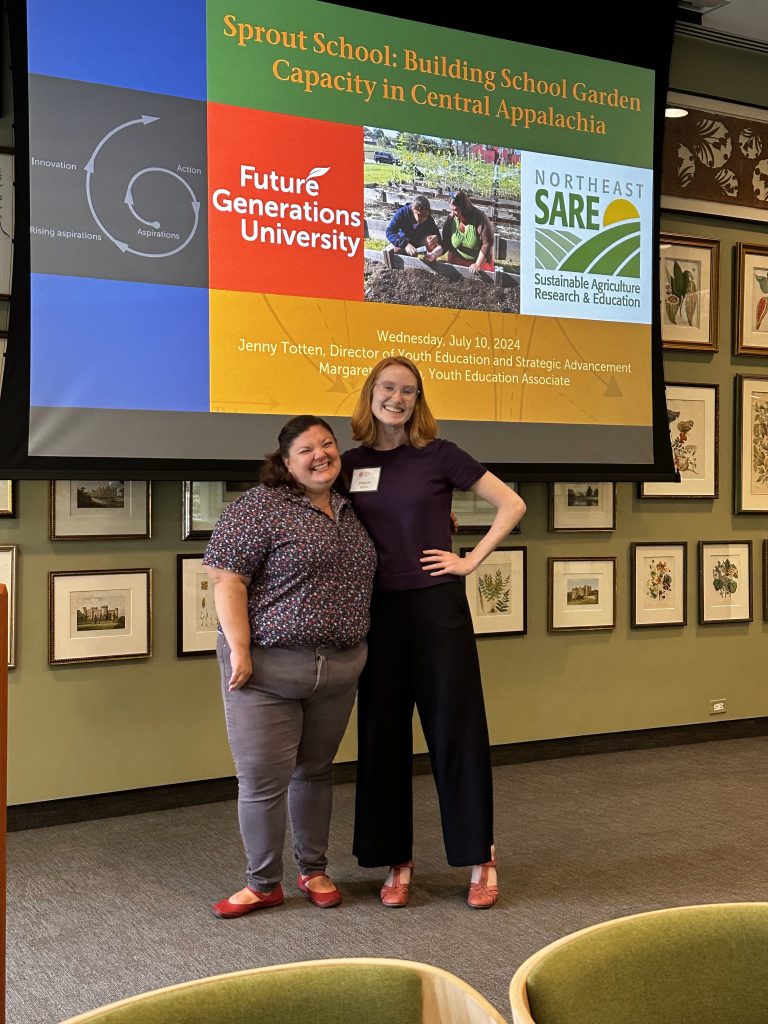
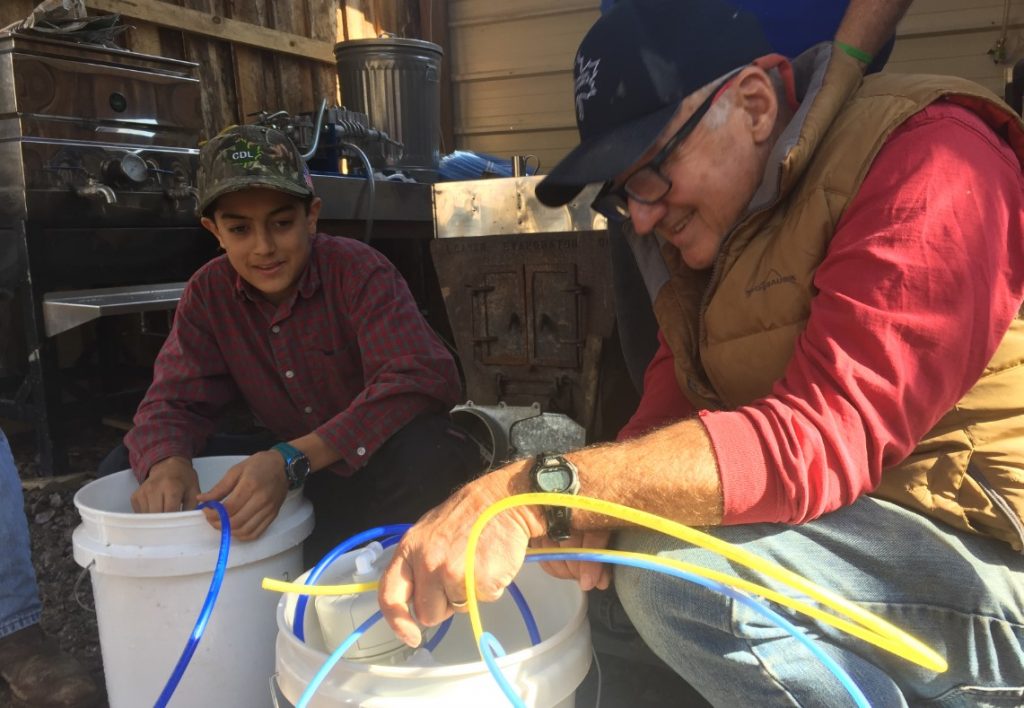
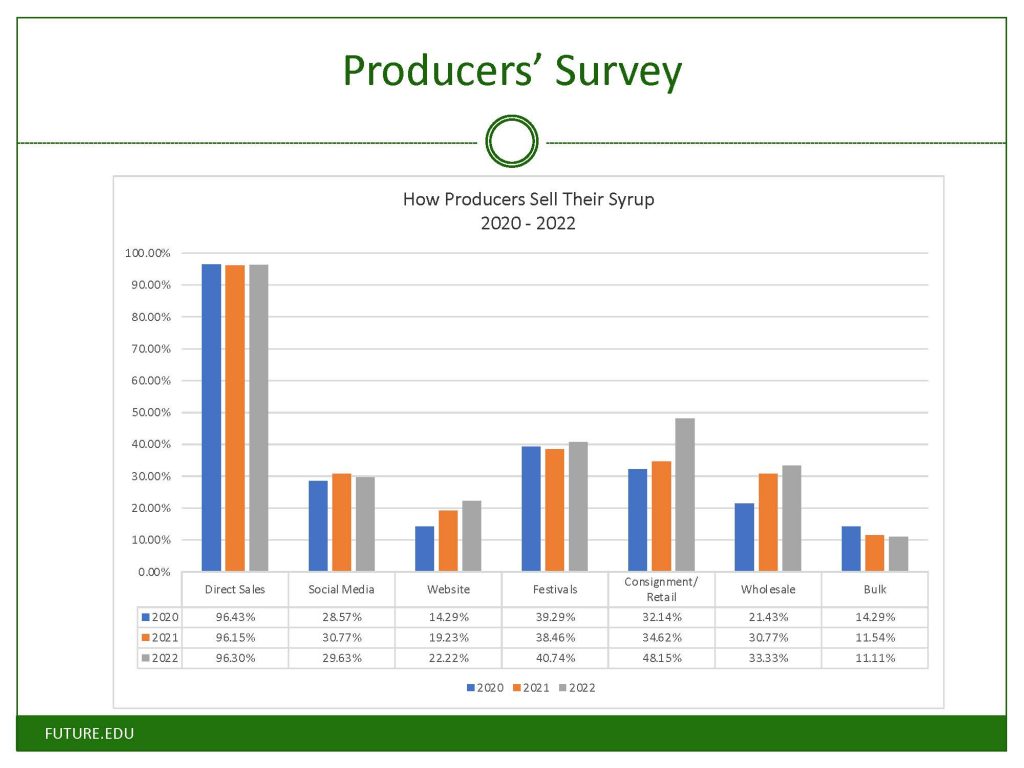
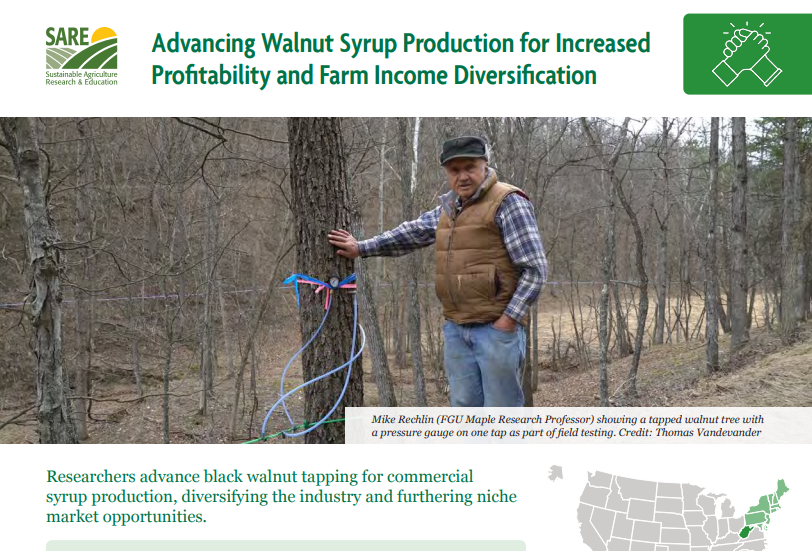
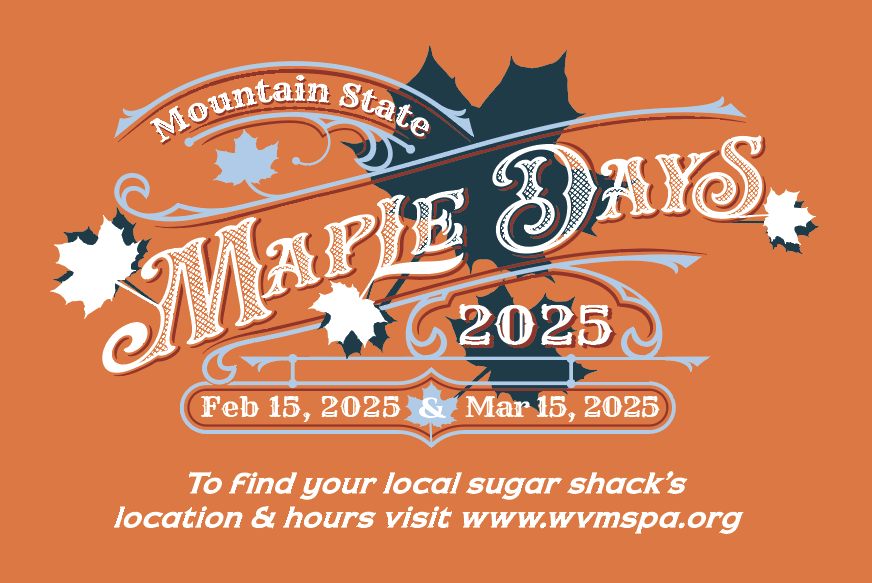
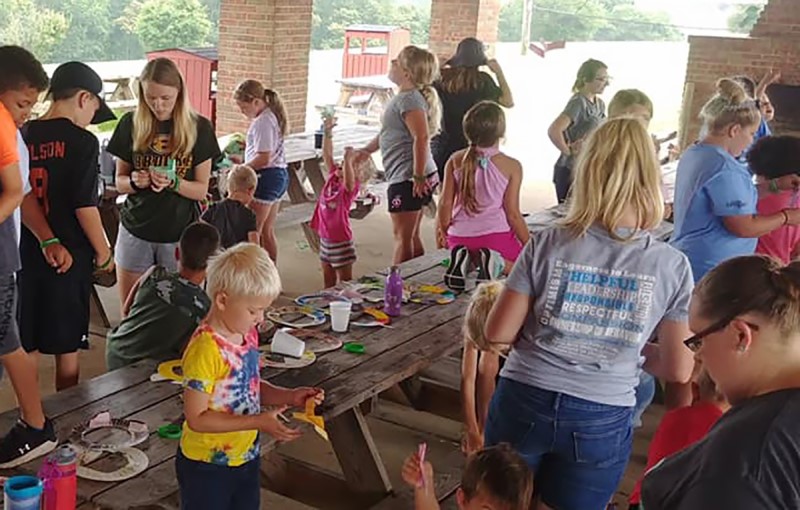
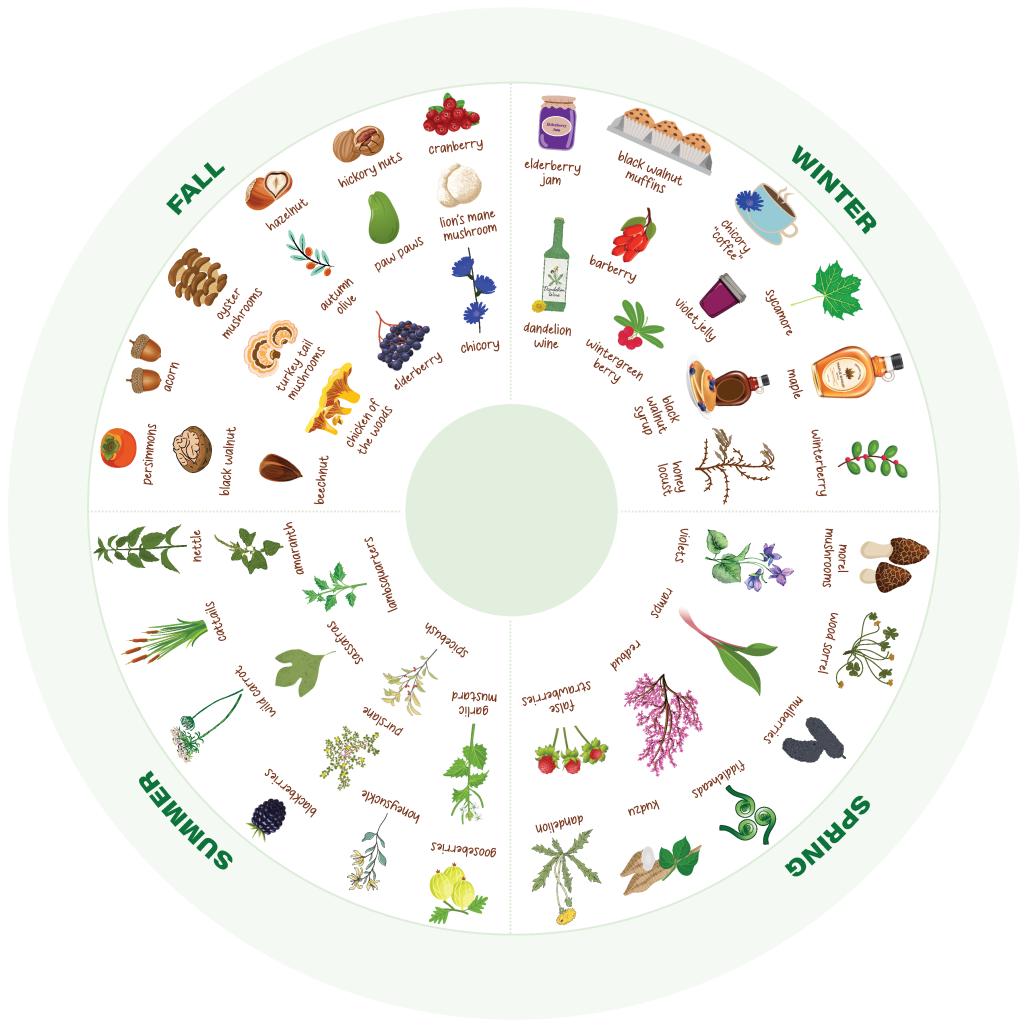
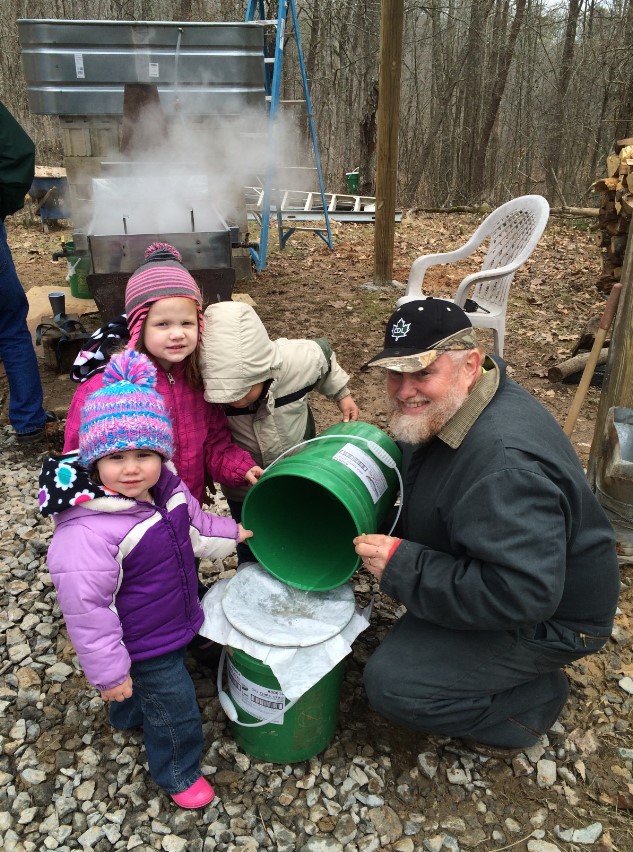
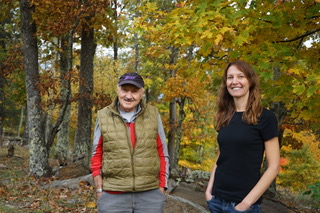
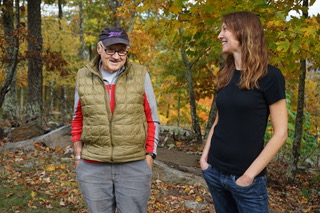
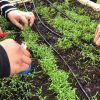
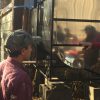
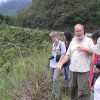
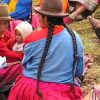
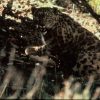
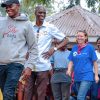
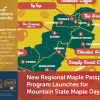
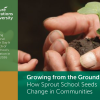

An insightful exploration of how Future Generations University leverages tree syrup production to bolster Appalachian communities, intertwining regenerative agriculture with local economic development and environmental sustainability.
This engaging post delves into the multifaceted story of syrup, uncovering its cultural, historical, and culinary layers. What might seem a simple everyday ingredient is given new life through humor and thoughtful insight. What personal memories or recipes do you associate with syrup, and how does it enrich your culinary traditions?
This article really made me rethink my understanding of syrup’s subtle complexities – I’d previously written it off as just a simple sweetener! Learning about its nuances and diverse applications opens up a whole new culinary world. I wonder what lesser-known varieties everyone finds most intriguing?